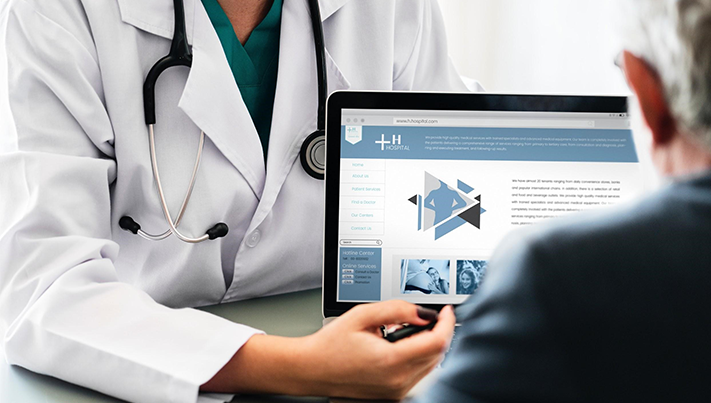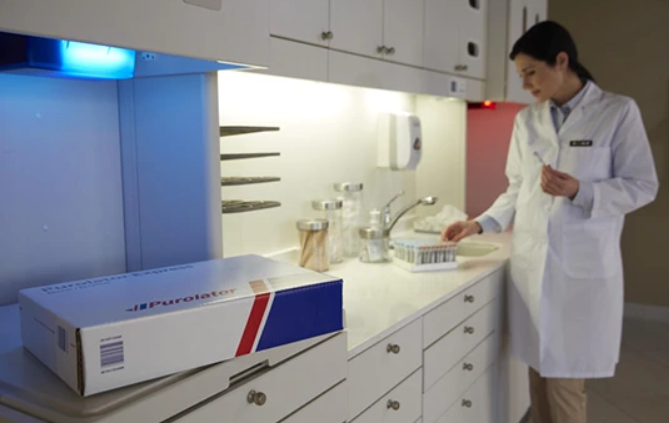We want to look at factors that are heavily impacting the healthcare that we know today.
Healthcare is constantly changing. With new technologies, digitalisation and innovations, there is a lot of excitement among doctors, researchers and also patients. But while opportunities lie ahead, we want to look into various factors that impact our future healthcare system and whether these changes are positive or not.
How will Brexit affect the healthcare system we know today?
There has been a new and exciting initiative allowing EU citizens to use e-Prescriptions across borders, in other EU countries. So what will happen when the UK are no longer part of the EU? Trading agreements may make it difficult to transport medical products to the UK, affecting our national supply. Of course, we cannot predict the consequences of brexit on the pharmaceutical industry but we may be looking at a future of limited or no access to certain drugs. With less supply, the price of our resources may substantially increase.
Going forward we risk missing out on clinical trials as a country. UK organisations have been the largest beneficiary of the EU and soon we will become heavily impacted in terms of research. This will have a knock on effect in modernising and improving our healthcare system.
If the UK are not moving ahead with innovations and research, this may also discourage top clinicians from working with UK clinicians. Furthermore, the UK relies on EU working, with around 10% of doctors and 5% of nurses from the EU and now any NHS trusts are struggling to fill these vacancies. Brexit risks exacerbating this issue.
Are we moving towards a digital healthcare system?
There are new and exciting innovations to look forward to. We can now track, diagnose, monitor and store the vital statistics and medical information. With access to online system checkers, e-diagnosing services, digital GP’s and robot assisted surgery, it is no surprise that the healthcare we know today will transform.
Goodbye to relying on patient memory. With basic trackers embedded in our devices, we are constantly being measured on unique indicators such as physical activity, respiratory patterns and sleep. Various apps can help track patients’ conditions and alert med-staff or irregularities. Patient-generated data management comes in a variety of forms. From wearables to tiny biometric sensors that can be sewn into fabrics, patient data and personalised medicine has never been so accurate.
Yes it is accurate but could technology replace the relationship between a patient and doctor? Some would defend the personal continuity in primary care. Digital healthcare tech takes full advantage of patient-generated data and care management strategies implementing care teams, secure text messaging, tracking patient health factors and care plans.
Artificial Intelligence in Healthcare.
Artificial Intelligence is the simulation of human intelligence processed by machines, in particular computer systems. It is becoming more profound in everyday life, whether that be on our emails, Google, Amazon or Netflix. Soon it will be very much apparent in healthcare. Advanced AI is revolutionising medical diagnostics and preventive medicine, promising a significantly wider range of healthcare options to patients.
While AI works by sifting through large quantities of patient data to predict and identity problems efficiently, it also can help providers optimise the use of existing resources to improve productivity and keep costs down. These new efficiencies can be adapted to workflows, planning, scheduling and selecting treatments. Today the NHS faces a wide range of challenges, such as rising costs and a shortage of staff, and hopefully AI can combat these.
So is AI something we need to be weary about? A common fear is that AI will result in unemployment in large sectors. It is also important for us to start thinking about the sensitivity of medical data and our privacy and personal security. AI is both extremely exciting but also very daunting.
A new era for data protection.
Will patient’s sensitive personal data (genetics, health data) be effected with the rise of digital healthcare? GDPR is a positive thing for healthcare organisations. It is now fundamental for healthcare organisations to understand and store patient data. We have more available information than ever before to help with diagnosis and treatments.
Health data collection is becoming a part of our daily lives and according to the Future Health Index, 57% of patients use a device that monitors health indicators and 33% of these patients have never communicated that personal information with their doctor. From better data insights, we should be able to work towards better prevention.
To find out more, click here



















